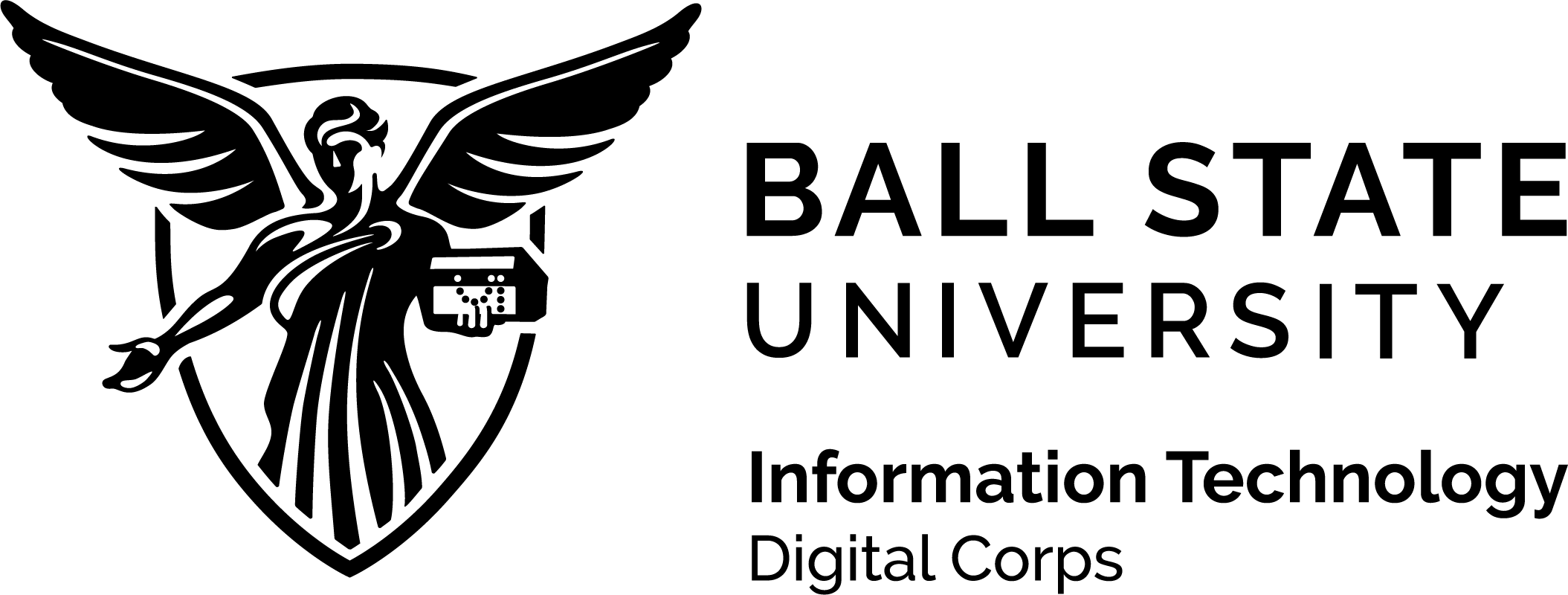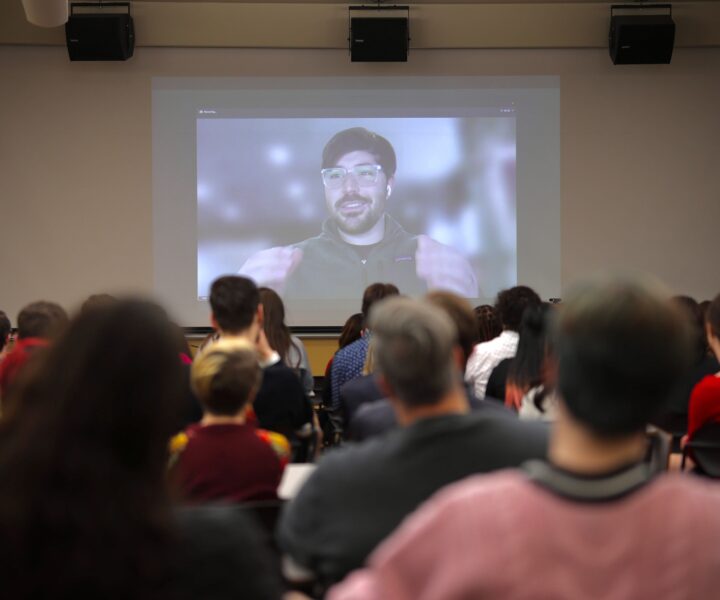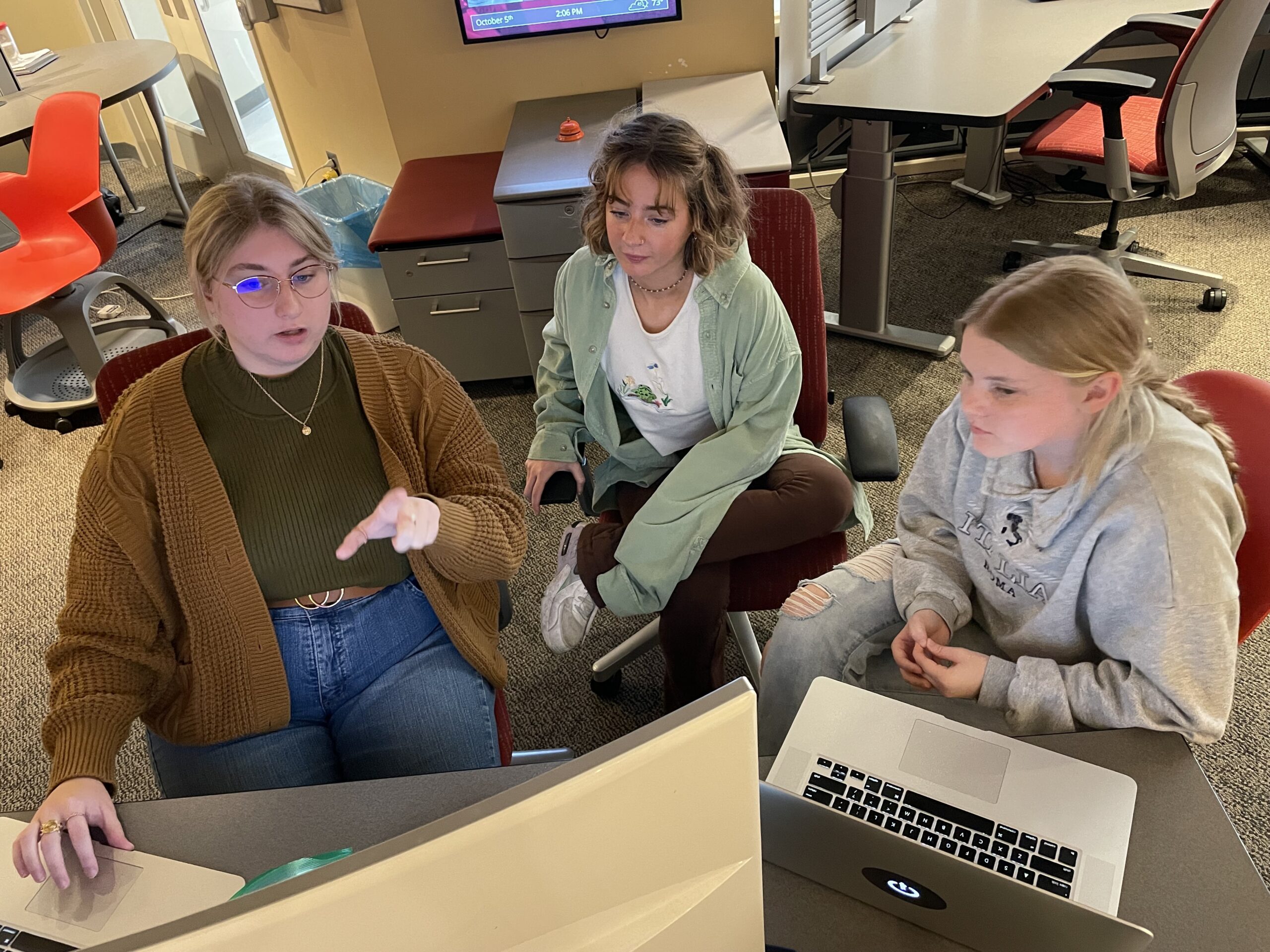
When you first start college your freshman year, graduation and the job hunt can feel like a lifetime away. Then, before you know it, the next four years fly by and you find yourself immersed in the application process with a thousand different things to get done.
Being unprepared for post-graduation life can make the transition out of college extremely overwhelming, and in the current job market, the path moving into the workplace can seem more unclear than ever. According to Forbes, there is an increasing gap between graduates and the number of jobs available to them. This makes the job-hunting arena more competitive than ever, and it can feel hopeless to try and stand out amongst so many candidates.
So, what can be done to combat these feelings? You might not believe it at first, but there are things you can do to prepare for entering the workforce from even your first moments as a college student. Although you don’t need to have everything figured out right away, there are small steps you can take each year of school that will lead to big value when graduation comes around.
Freshman Year
Your focus as a freshman should be to figure out your interests. Immerse yourself in your introductory courses for your major and make sure you are interested in the content. If you don’t see a future in your selected major, don’t be afraid to explore other options! If you change majors freshman year, you still have plenty of time ahead of you to fulfill your credits.
As a freshman, it is also a great idea to get involved! Joining clubs and organizations related to your field of study or interests can help you further understand what you might like to do as a career. You might also make early connections that can last your entire college career and come in handy during future steps of the preparation process.
Sophomore Year
During your sophomore year, you will likely have a better grasp on what your academic path will be for your remaining semesters, but even if you don’t, this is a great time to try and finalize those plans a bit more. The strategies discussed in the freshman year section for measuring your interest in your major can still apply here.

Sydney Jauregui, a Project Management Specialist at the Corps who’s currently a sophomore at Ball State, has experienced multiple major changes throughout her college journey. Jauregui has switched her major from business administration to human resources, and is now majoring in finance.
“I had concerns that changing my major as a sophomore would change my college trajectory, but since I switched to something similar to what I was already doing, it was easy to make the change and now I’m even able to graduate early,” Jauregui said.
This goes to show the value of planning; by being proactive with your college plans, you have more flexibility to make changes.
Sophomore year is also a great year to search for internships. While internship experiences can be valuable at any point in your college career, looking for internships during your sophomore year can put you a step ahead going into your more challenging courses for junior and senior years. This also shows employers that you’ve taken an active role in furthering your career before many of your peers.
Junior Year
By your junior year, you need to start creating a solid portfolio. You should have samples related to your desired career path in one place that you can show employers. These samples can come from anywhere, including classes, student organizations, internships, work, or even freelance work or personal projects. If it shows off your skills, there’s no harm in including diverse content in your portfolio.

Do your best to manage your network during your junior year as well. This includes making new connections by going to networking events and reaching out to professionals you look up to, or individuals who work at companies you might have an interest in being employed at in the future. It’s also not a bad idea to check in with your already established connections. You never know who might be able to help you in the future, so it is important to stay in touch with connections so that you aren’t only reaching out to them in times of need.
It is also not too early to make decisions about what your plan will be after graduation. Will you go to graduate school? Will you move back home? Will you move to a brand new city? These are things you should be thinking about so that you know what to look for during senior year.
Laura Latham, a junior majoring in graphic design and a Design Master at the Corps, is preparing for a potential move after graduation.

“I have been doing research on perspective places to live, so that I know where to look for jobs, and can make financial preparations to live comfortably,” Latham said.
There are many factors to consider when planning to move, such as housing, salary, cost of living, and the local job market, so you will want to be sure all of these align with your expectations.
Senior Year and beyond
Now, you’re a senior, and the job hunt has begun! Well… maybe.
Everyone’s post-graduation plans vary, but if you are about to start the job hunt, don’t be afraid! If you’ve made the proper preparations up to this point, you will have a lot less to worry about. Spend your senior year finalizing your portfolio, and then start searching for open positions or companies that are hiring.
Look carefully at job descriptions and make sure the role aligns with your needs. While securing a job is important, you want to make sure it’s a role at a company that you actually want to work at. These same tips also apply to those looking for a graduate school program, or individuals who are finishing graduate school and looking for full time positions! No matter what stage you’re at, a strong, organized portfolio and network will be extremely beneficial.

Raegen Robb, a Graduate Assistant at the Corps on the User Experience Team, has found that being organized is of upmost importance during the job hunt.
“Write down every opportunity you see. You might think you will remember everything, but you won’t! You have to stay organized,” Robb said.
With so many different things to keep track of during this transitional stage of your life, the more organized you can be, the better.
Thankfully, the Corps gives students plenty of opportunities to practice all of the skills required for a successful job hunt and post-graduation experience. During weekly Soft Skills sessions, students receive advice on how to properly manage a network, build connections, and refine their resumes. The Corps even hosts a yearly ‘Portfolio Day’, which allows students to practice pitching themselves to alumni and their peers.
Professional development events like these are great practice for young professionals, and opportunities like these are plentiful as long as you look for them. The willingness to get out of your comfort zone a bit can go a long way, and by the time you are sitting on real job interviews, it will be a walk in the park.
At the end of the day…
It’s up to you to make the most of your college years. The more work you put in now, the less you will have to do later!



